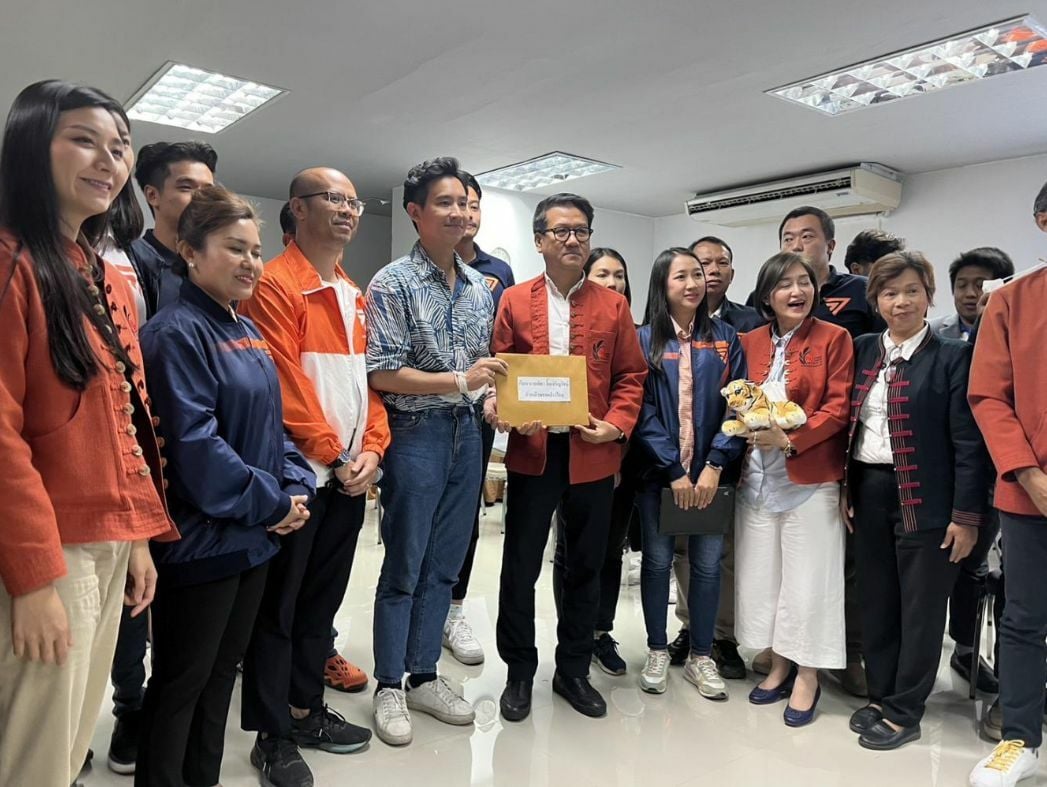Chiang Mai tourism: Haze issue risks long-stay senior tourist numbers

Tourism operators in Chiang Mai are urging the new government to address the persistent haze issue to attract the return of long-stay senior tourists, whose absence has dealt a significant blow to the province’s economy.
The leader of the Move Forward Party, Pita Limjaroenrat, visited Chiang Mai last week and discussed environmental and tourism policies with local industry representatives. According to Tanit Choomsang, the vice-president of the Tourism Council of Chiang Mai and president of the Chiang Mai Restaurant and Bistro Association, the heavy PM2.5 smog earlier this year considerably impacted tourism confidence until the Songkran festival in April, dissuading visitors from booking trips in advance.
“Instead of staying for a whole year, a number of senior tourists returned to their home country to escape the smog season in Chiang Mai,” said Tanit. “Thailand has lost opportunities because of this ongoing problem.”
Tanit revealed that some Scandinavian long-stay retirees have vowed not to visit Chiang Mai any longer, leaving only short-stay tour groups. Japanese retirees, on the other hand, chose to remain during the smog season and adapted their lifestyles accordingly.
Despite the ongoing air pollution problem, Chiang Mai’s market supply has steadily increased over the past few years due to the rising number of elderly care and wellness centres. This demonstrates the strong demand for Chiang Mai as a potential wellness hub for the country.
“With more Chinese people migrating to Chiang Mai, parents are sending their children to international schools in the province,” said Tanit. “Chiang Mai has potential as the country’s wellness hub, but the seasonal air pollution paints the province in an unflattering light.”
Addressing the air pollution issue would bolster Chiang Mai’s economy and tourism sector, according to Tanit. Last week, the Tourism Council of Chiang Mai submitted a proposal for tourism development, which included Pita’s plans for solving PM2.5, increasing the budget for local communities, making Chiang Mai an ASEAN hub for fighting haze, and enacting a Clean Air Act.
The council also requested the government develop new landmarks alongside existing sites in Chiang Mai’s old town. Recent data reveals that Chiang Mai received just US$131 million in tourism revenue in the first 10 months of last year, a far cry from Phuket’s US$3.9 billion during the same period, reported Bangkok Post.
Tanit believes the province still has much work to do in increasing the city’s tourism value, suggesting attracting international events like the International Horticulture Exposition held nearly 20 years ago, which still has a positive impact today. He added that supporting indigenous communities is another crucial strategy for generating local tourism wealth.
Latest Thailand News
Follow The Thaiger on Google News:


























